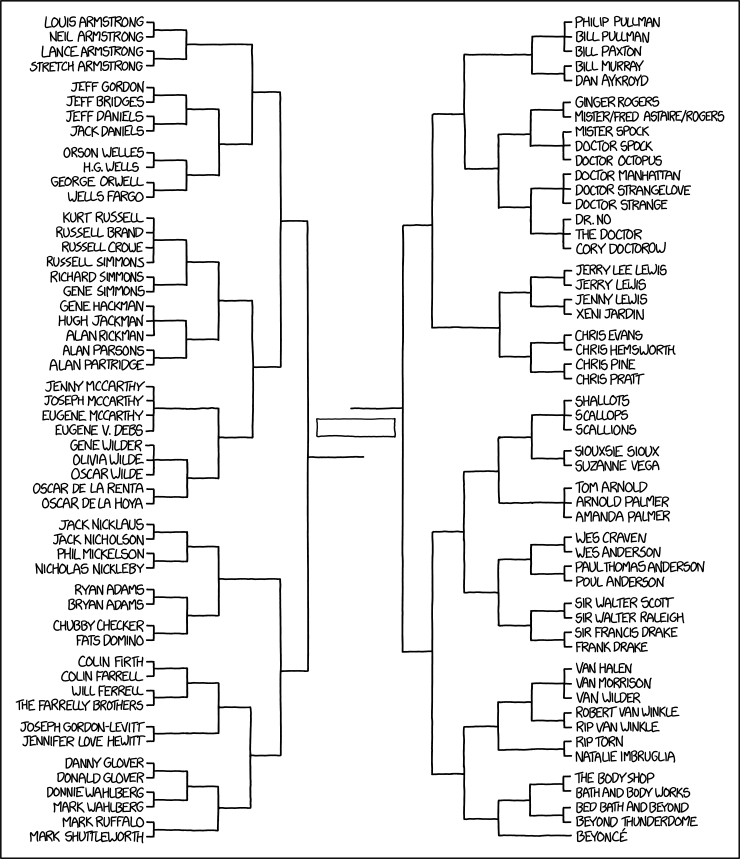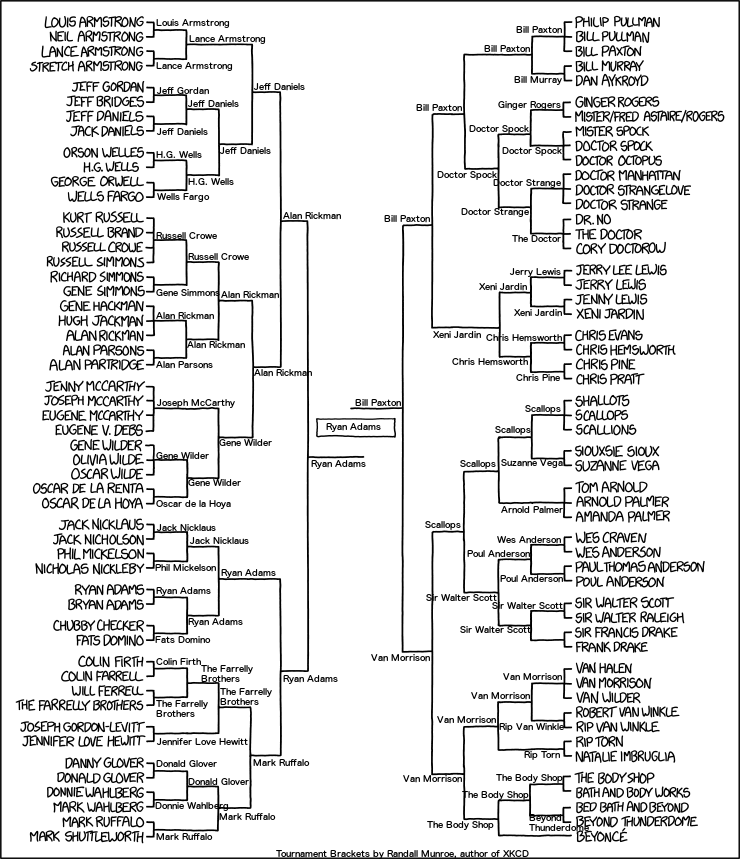Six years ago, I wrote about how the choice of programming language dramatically affects the way in which I write code. In that post from six years ago, I said:
In Lisp, I will pull something out into a separate function if it makes the current function more self-contained, more one idea. In C++, I will only pull something out into a separate function if I need the same functionality in multiple places.
At the moment, I’m getting paid to write in C++ for the first time in two years (technically, I suppose I did write some small C++ sample code in my previous job, too). I am struggling at the moment to make my C++ functions as small as I would have made them if I were writing in Lisp.
There are obvious barriers to this imposed by C++. While one of the projects at my work is converting a large swath of code to C++11, my project is still stuck on C++98. This means that I can’t use lambda functions, auto, or for-each style for loops and that I can’t get away with letting the compiler figure out my template types in almost any situation.
For instance, I have one function that is about twenty lines of comments and ten lines of code comprising exactly three statements. Three statements took ten lines of code because when you want to use a pointer to a member function in a std::count_if call, you need to jump through about a hundred characters of declarations and syntax to turn the pointer to a member function of one argument into a regular function of two arguments (using std::mem_fun1_t) and another pile of characters to turn it into a regular function of one parameter again (using std::bind1st). And, I spent nearly an hour trying to glark the type I’d have had to declare in one of the intermediate steps to turn those three statements into four instead. I gave up.
bool MyClass::attemptToFrob( item_t& item )
{
return item.frob( _frobRetryCount, _frobTimeoutValue );
}
bool MyClass::frobAllOfMyItems()
{
return performItemOperationOnAllItems( &MyClass::attemptToFrob );
}
bool MyClass::performItemOperationOnAllItems(
bool (MyClass::*op)(item_t&)
)
{
std::mem_fun1_t<bool,MyClass,item_t> binOp(op);
unsigned int successes = std::count_if( _items.begin(),
_items.end(),
std::bind1st( binOp, this ) );
return ( _items.size() == successes );
}
In C++11, I’d have written the function as two statements, only one of which had to span more than one line to stay under 80 columns. In C++0X, I’d at least have been able to auto an intermediate statement to hold the result of std::bind1st that I couldn’t manage to satisfy myself.
I really believe that trying to keep the functions down to three or four lines with at most one conditional is a goal that goes a long way toward readability. But, man, it sucks for writability when you’re stuck in a strong
ly-typed language with a compiler that isn’t at all interested in helping you out with that.
And, a pet peeve here while I’m already ranting about C++…. Am I right in believing that neither C++98, C++0X, C++11, or C++14 have any way to iterate over the keys of a std::map or to wrap a function of one argument that takes a pair and just uses the first half of the pair to invoke the original function? Something like this:
template <class R, class T, class U>
class call1st {
public:
call1st( R (*fn)(T) ) : _fn(fn) {};
R operator ( std::pair<T,U>& p ) { return (_fn)(p.first); };
private:
R (*_fn)(T);
};
Most of why I would want this would be more clear with lambdas instead. But, if there is still going to be crap in the language like std::mem_fun1_ref_t and such, why is there still no functional way (in the #include <functional> sense) to get to the members of a pair? Or, I am just missing something obvious?


